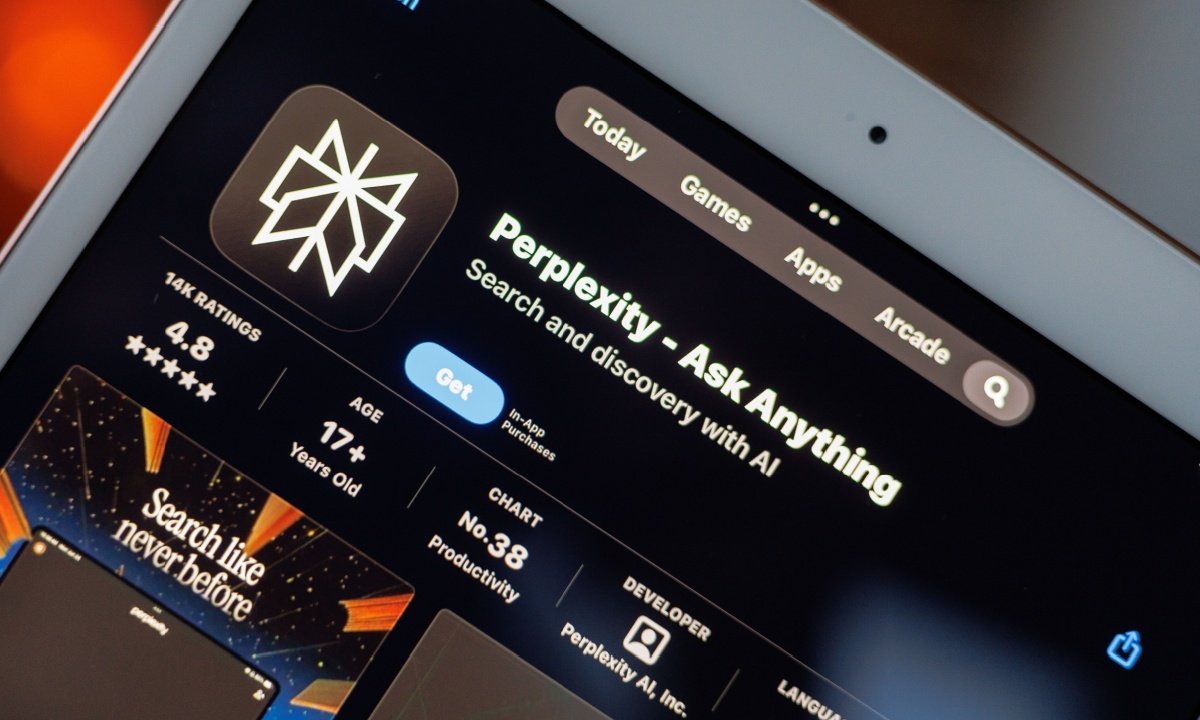Sleep Tech CEOs’ tips for deep sleep A-slip Lee Dong-hun “Building a Smart Home Sleep Environment” TenMines Jang Seung-woong “Snoring, sleep apnea, and hospital must go.”
A-Slip, which provides sleep analysis services using artificial intelligence (AI), and TenMines, which sells snoring relief pillows, are considered Korea’s leading sleep tech startups. Are startup CEOs getting a good night’s sleep every day. I heard about their secret to a good night’s sleep.
Lee Dong-hun, CEO of A-Slip, and Jang Seung-woong, CEO of TenMines, emphasized the improvement of a sound sleep environment in an interview with Maeil Economy on the 21st. Beyond simply creating a dark and quiet space, there is a separate “optimized sleep environment” that takes into account changes in body temperature and external environmental factors.
The recommended temperature for a good night’s sleep is 18-22℃ and the humidity is 40 to 60%. On top of that, the key is to fine-tune the lighting according to the sleep time and sleep pattern, and maintain this optimized environment throughout the sleep time.
CEO Jang said, “Various factors such as bedroom temperature, humidity, and fine dust directly affect the quality of sleep,” adding, “A smart home environment that automatically adjusts the most comfortable environment for individuals in real time through AI technology will become more important in the future.”
For example, it is difficult to sleep well if it is too hot or dry, so it is better to adjust the temperature and humidity comfortably by using air conditioners and humidifiers. Light and noise are also the enemies of a good night’s sleep. “Strong light inhibits the secretion of melatonin, a sleep hormone, preventing a good night’s sleep,” CEO Lee said. “It is desirable to sleep in a completely dark and quiet environment if possible, and you should lower your light and stay away from smartphones and TVs at least an hour before you go to sleep.”
CEO Lee is monitoring sleep conditions by installing Internet of Things (IoT) sensors in his bedroom. He explained, “We have built a smart home system that automatically turns off the light when it is recognized that it has fallen asleep and adjusts it to the appropriate temperature and humidity for bedtime.”
To this end, CEO Lee emphasized the importance of using data to accurately grasp one’s sleep condition first. “In the past, we had to attach an electroencephalogram device and undergo a complex examination at the hospital to know the sleep condition, but with the development of technology, it is possible to analyze the sleep condition simply with a mobile phone,” he said. In fact, if you use an application (app) developed by A-Slip, it captures the sound of breathing while sleeping and measures the sleep cycle, snoring, and apnea. Although it is a method of analyzing only the sound of the built-in microphone of the smartphone, the accuracy is more than 90% compared to the sleep polymorphism test, which is a professional test. According to a survey by the American Society of Sleep Medicine, one in three Americans track their sleep with an electronic device, and 68% of them changed their lifestyle after checking their sleep data.
Jang Seung-woong, CEO of TenMines, emphasized the importance of actively responding to sleep disorders. This is because various sleep disorders such as snoring and sleep apnea seriously reduce sleep quality and adversely affect health in the long run. Rather than neglecting sleep disorders, efforts are needed to improve high quality of sleep with the help of technology, CEO Jang said. “It is important to accurately identify and analyze individual sleep patterns and sleep disorders through sleep data, and then use customized solutions to solve them.”
CEO Lee also emphasized the importance of regular sleep habits, saying, “Change your sleep in your life.” Just maintaining a consistent pattern of going to bed at the same time every night and waking up at the same time in the morning can significantly improve sleep quality. “According to a sleep medicine study, adults with jagged sleep time and insufficient sleep have a 42% higher mortality rate than those with enough sleep and regular sleep,” CEO Lee said. “If sleep is an eight-hour pill, it is beneficial to take it at a fixed time.” CEO Lee is also a startup manager who often works overtime, but he is said to follow a routine that keeps a constant bedtime and weather time if possible and makes up for his lack of sleep by taking a nap. In addition, they avoid caffeine in the late afternoon and practice the habit of reading books instead of smartphones before going to bed.
![Lee Dong-heon, CEO of A-Slip. [Maekyung DB]](https://wimg.mk.co.kr/news/cms/202507/21/news-p.v1.20250603.a17d05c190aa481cb4adfc42d8985e5d_P1.jpg)
![Jang Seung-woong, CEO of TenMines. [Photo provided = Ten Minds]](https://travelstoriz.com/wp-content/uploads/2025/07/news-p.v1.20250603.b5d0307b1df04c68a0623a6a622918ad_P1.jpg)
























You must be logged in to post a comment Login